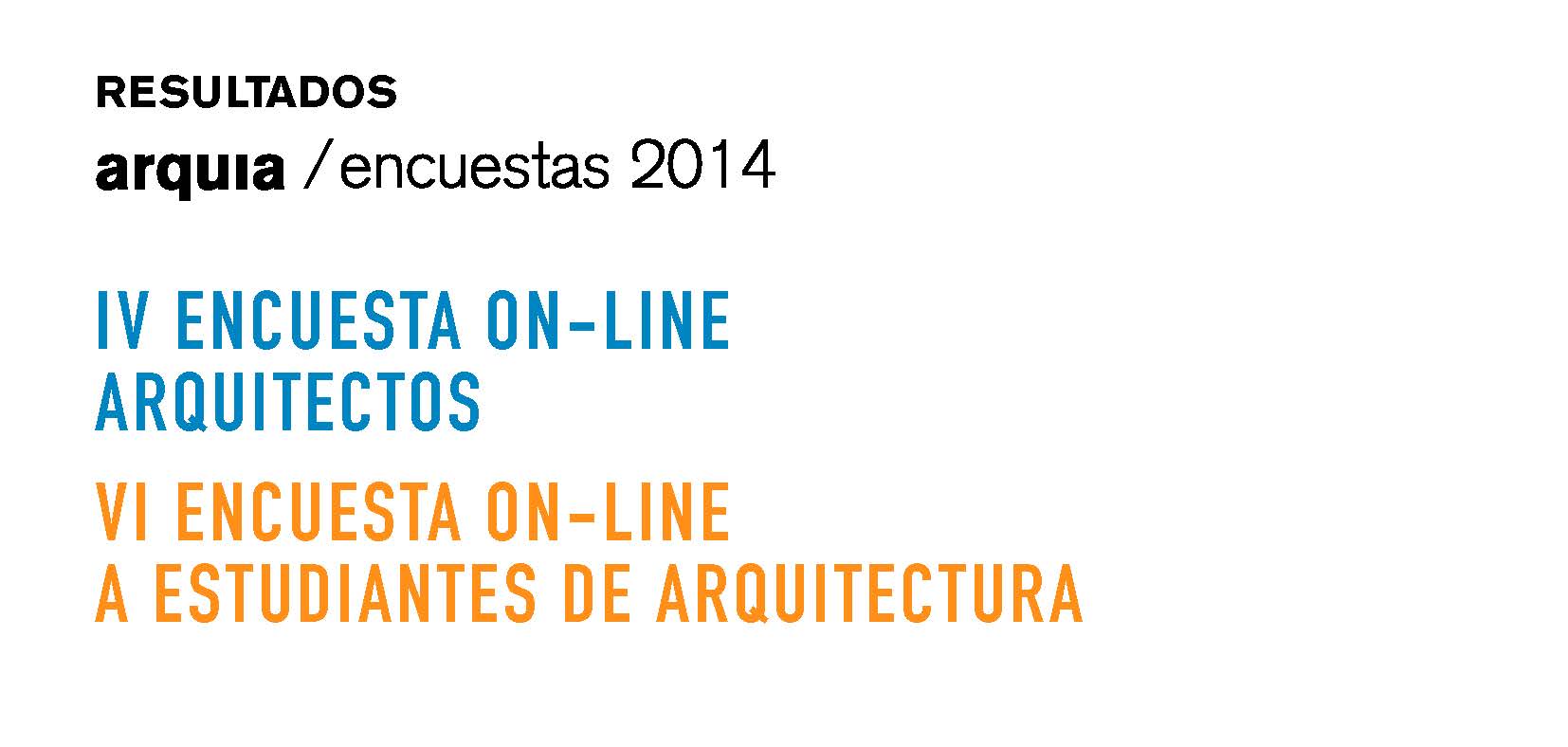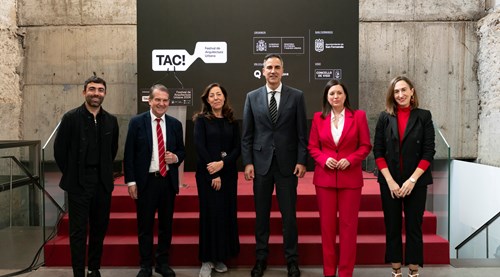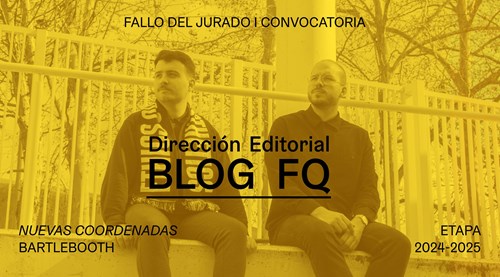The 2014 Arquia Survey conducted by the Arquia Foundation reveals an emerging trend among professionals and students of architecture towards specialisation, diversification and recuperation of activities, extending their studies or collaborating with other professionals. This is one of the main findings of the national study that the Foundation has conducted regularly on architects since 2003, and on architecture students since 1998.
More than 4,300 participants have contributed to this new scale set for the state of the profession marked by the effects of the economic crisis. 99% of respondents highlighted the negative impact of the economic situation, looking to the future as regards the possibilities posed by rehabilitation and reorientation of their careers to explore new opportunities.
The large majority of students highlights potential problems when entering the labor market but pose solutions as specialization through additional postgraduate studies in other areas or seeking work abroad. In this regard, 37% think working outside the national territory is a satisfactory alternative to practicing their profession.
Regarding the training they receive, most believe that the teaching quality of architecture in Spain is medium-high, with references such as figures like Siza, Foster, Herzog & de Meuron, Campo Baeza or Moneo, and want to travel mostly to the United States and Japan due to their high architectural interest.
Among the groups of architects there are important differences in terms of age. For example, almost all those over 35 years old are members of architectural associations and two thirds work as professionals. Below that age, half are not are not members of professional associations and only one out of three works as a liberal professional.
There is consensus among respondents to defend the profession by demarcating responsibilities and promoting their role in society, establishing quality as a benchmark of good professional work, while promoting the restoration of homes and other buildings. Regarding major trends affecting the profession, they agree that there will be a tendency to form multidisciplinary teams, and their role as professionals with a versatile profile will become more important.








